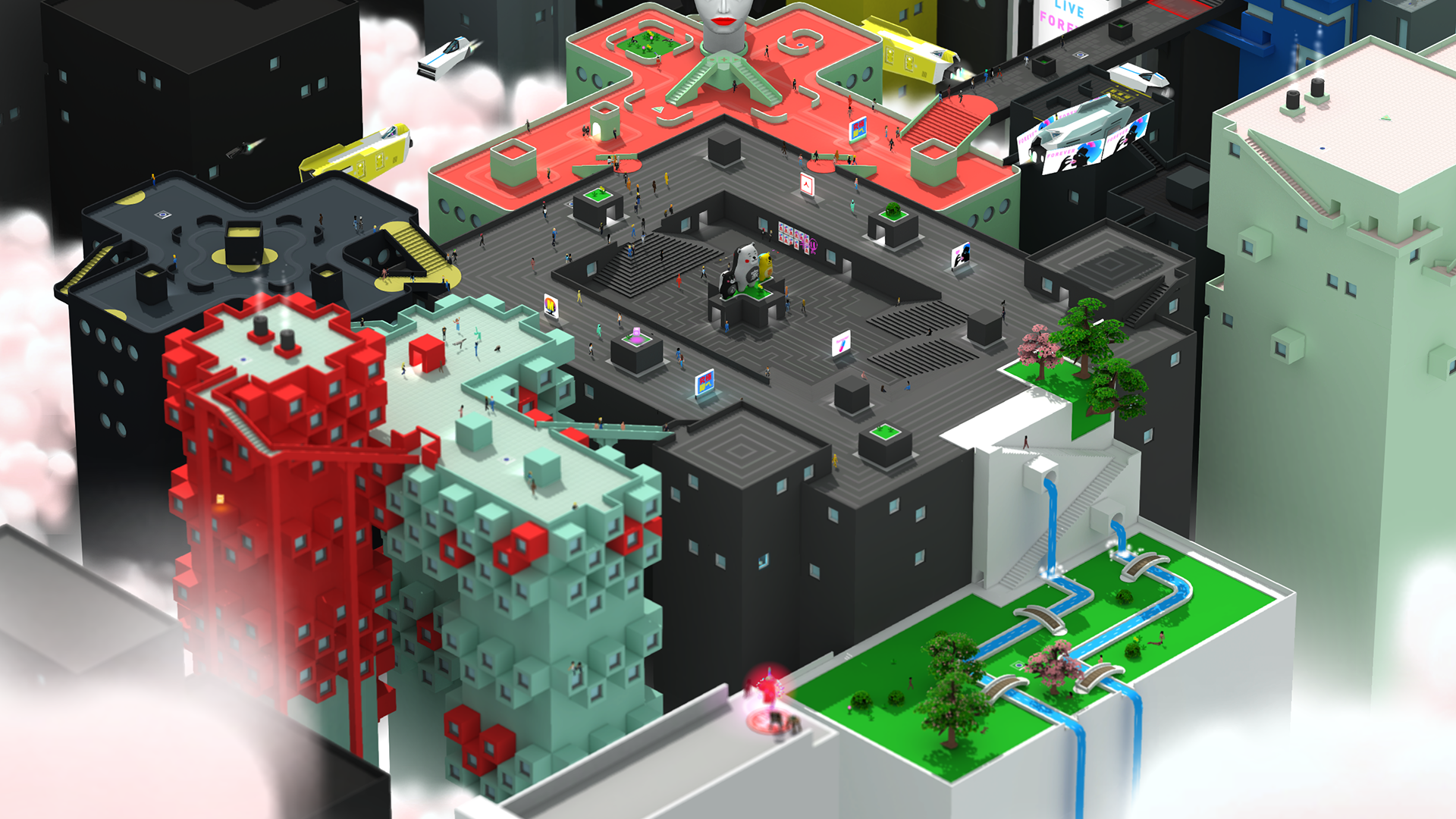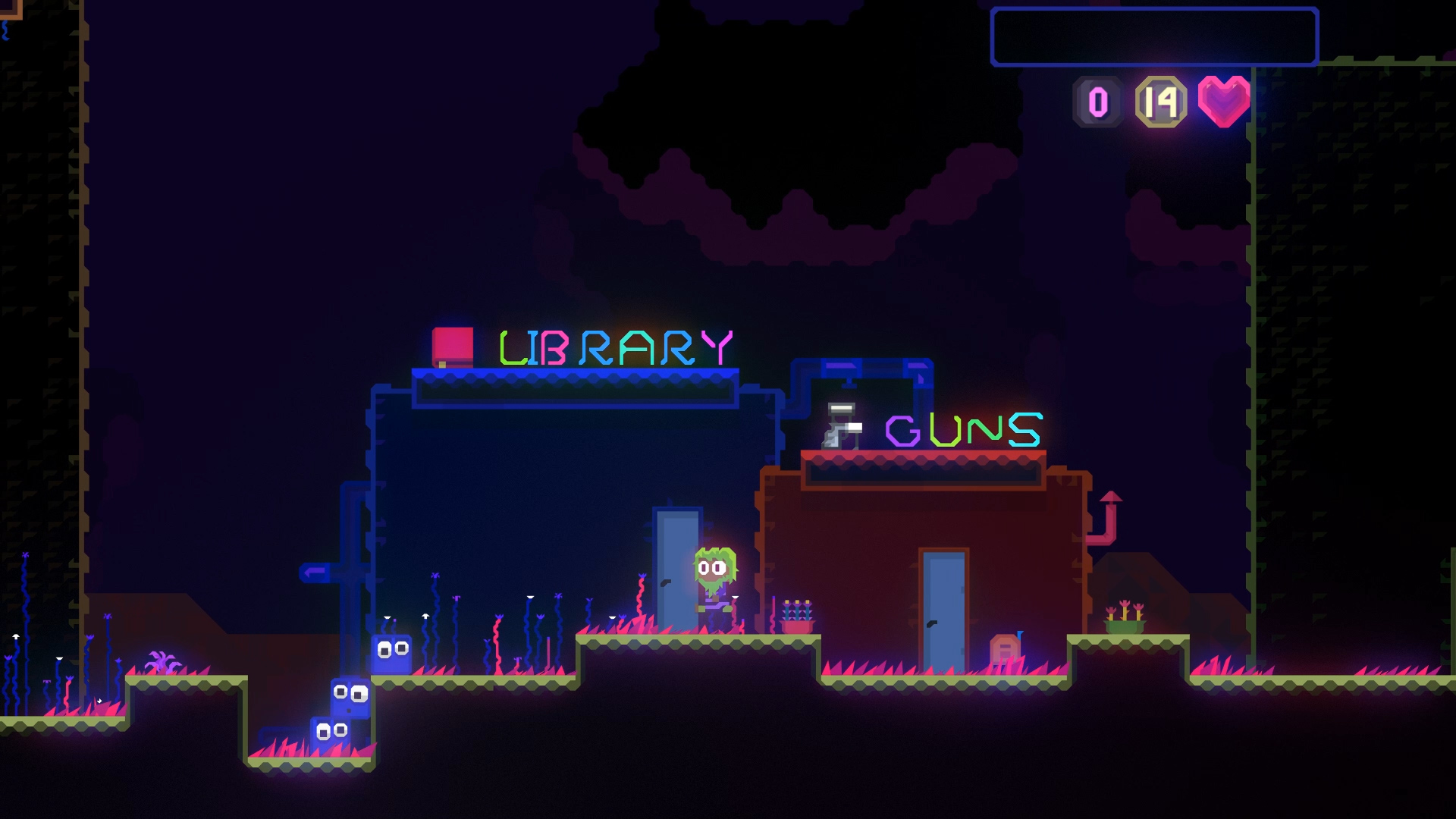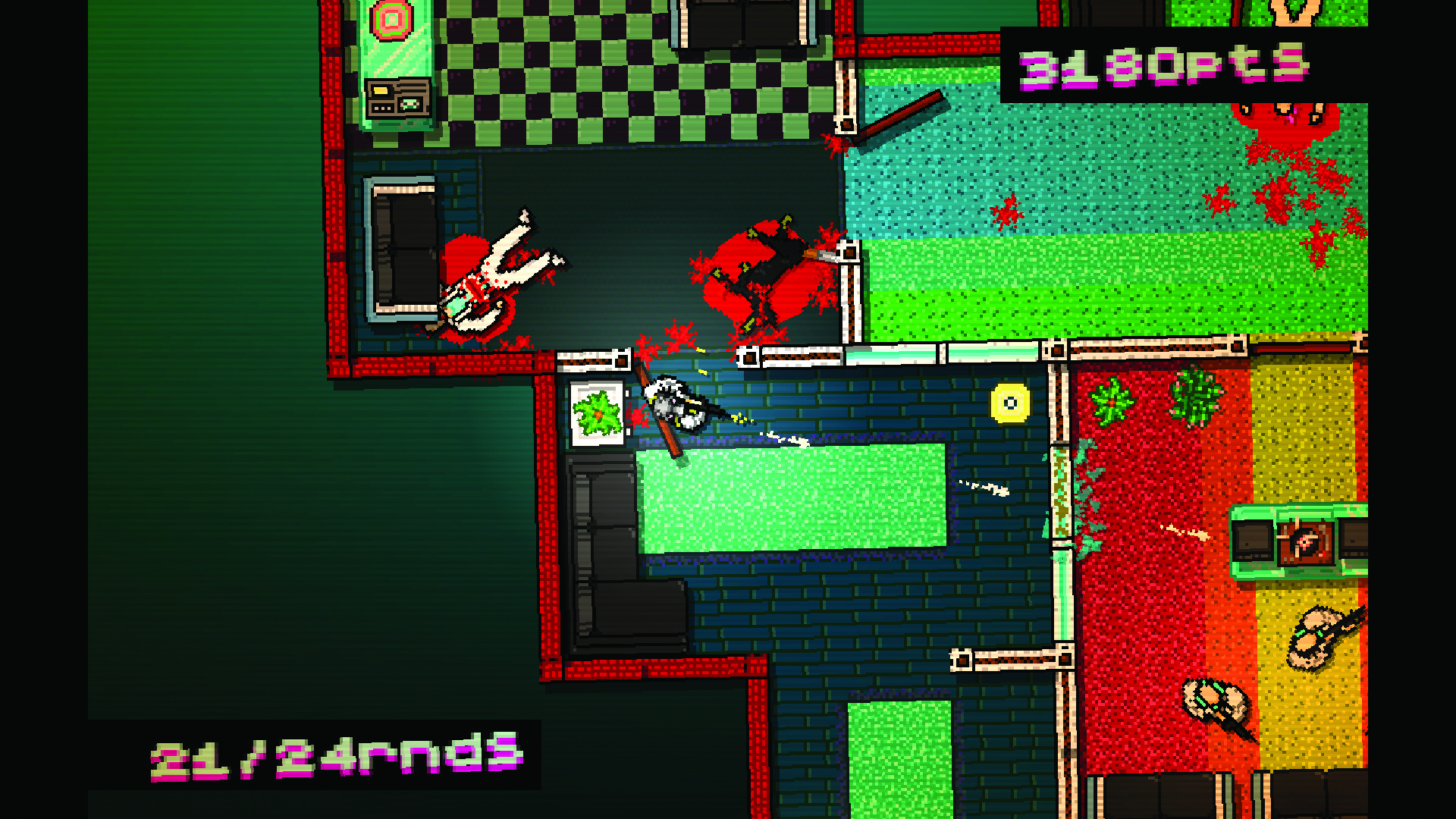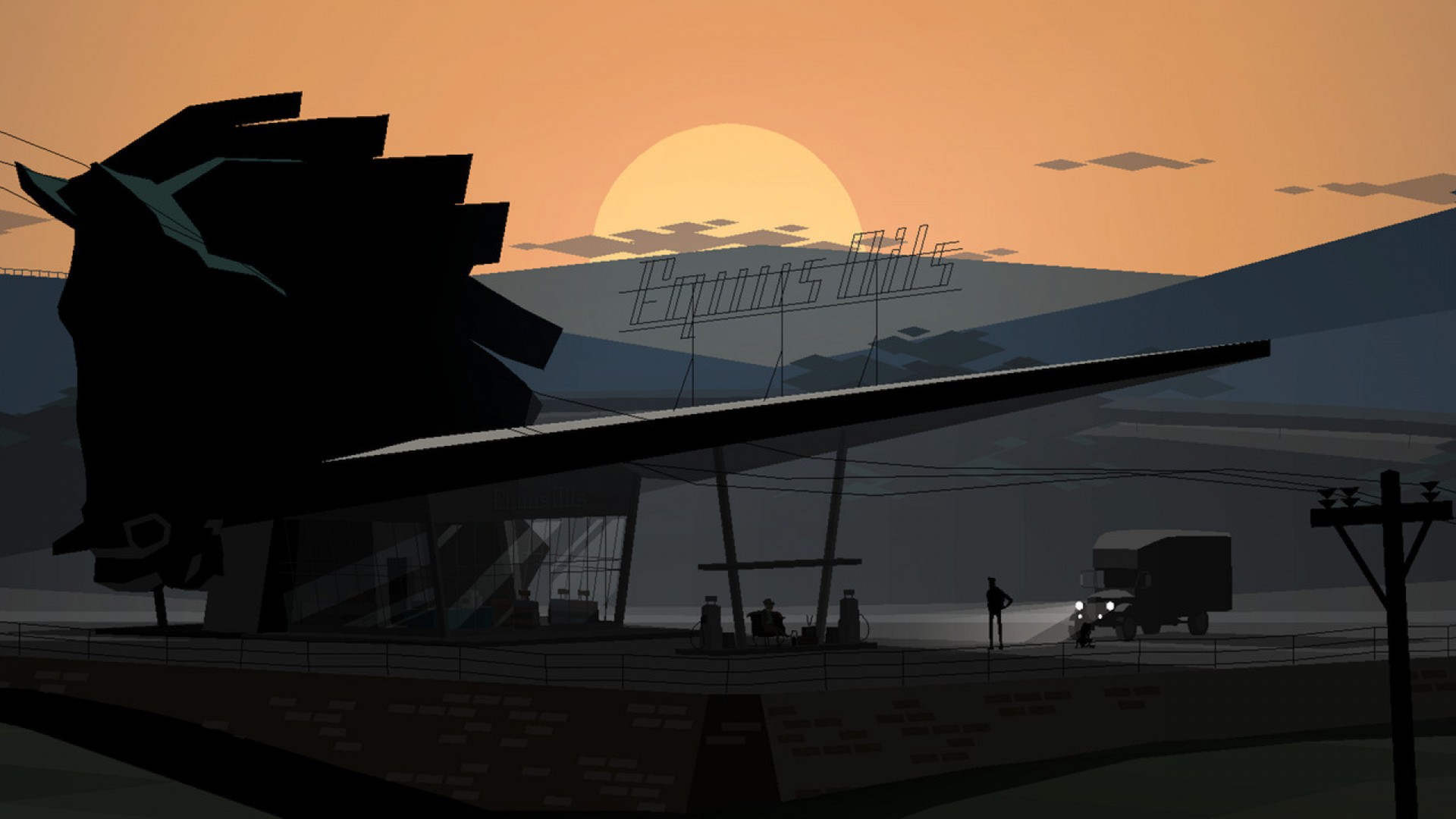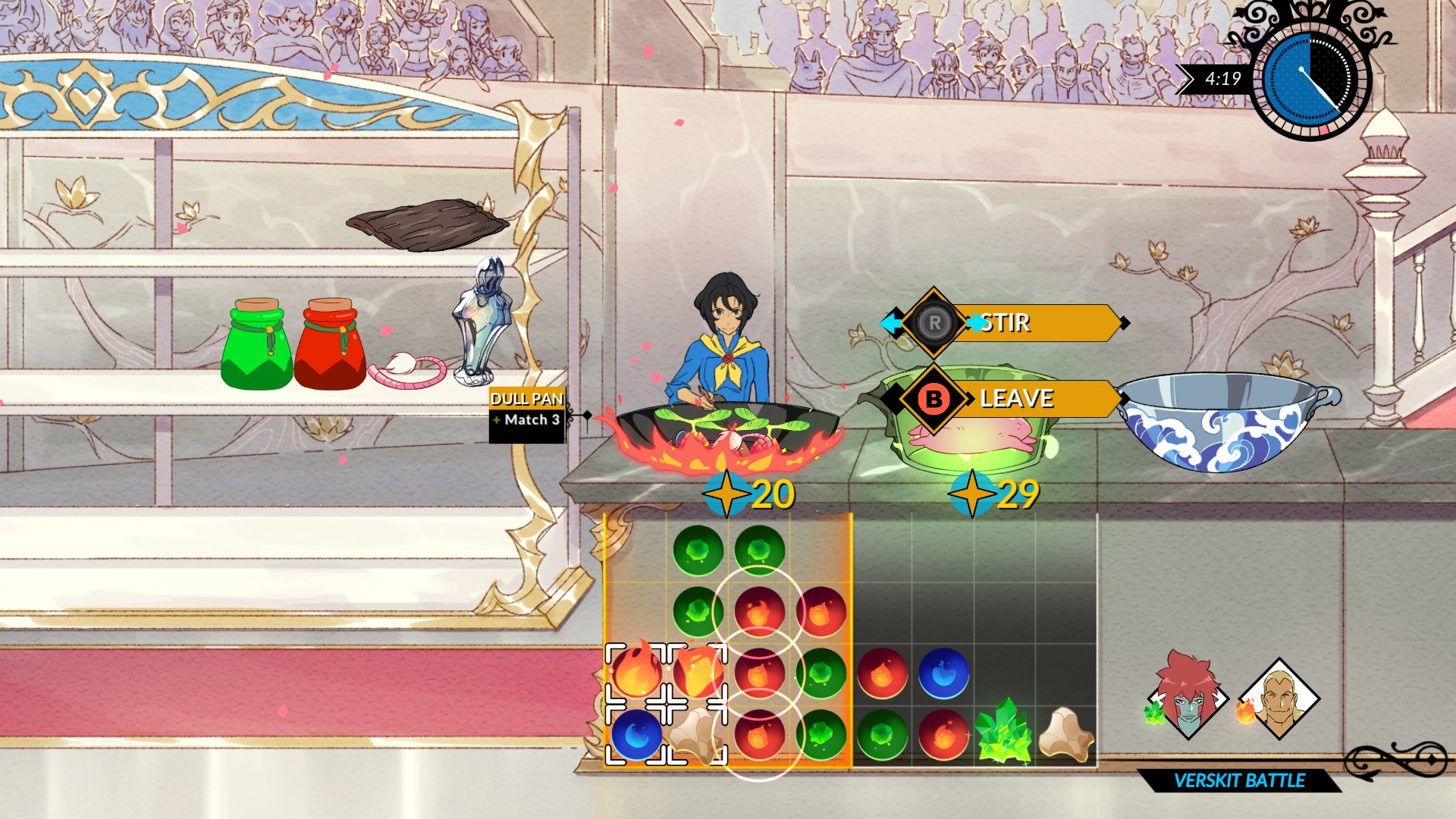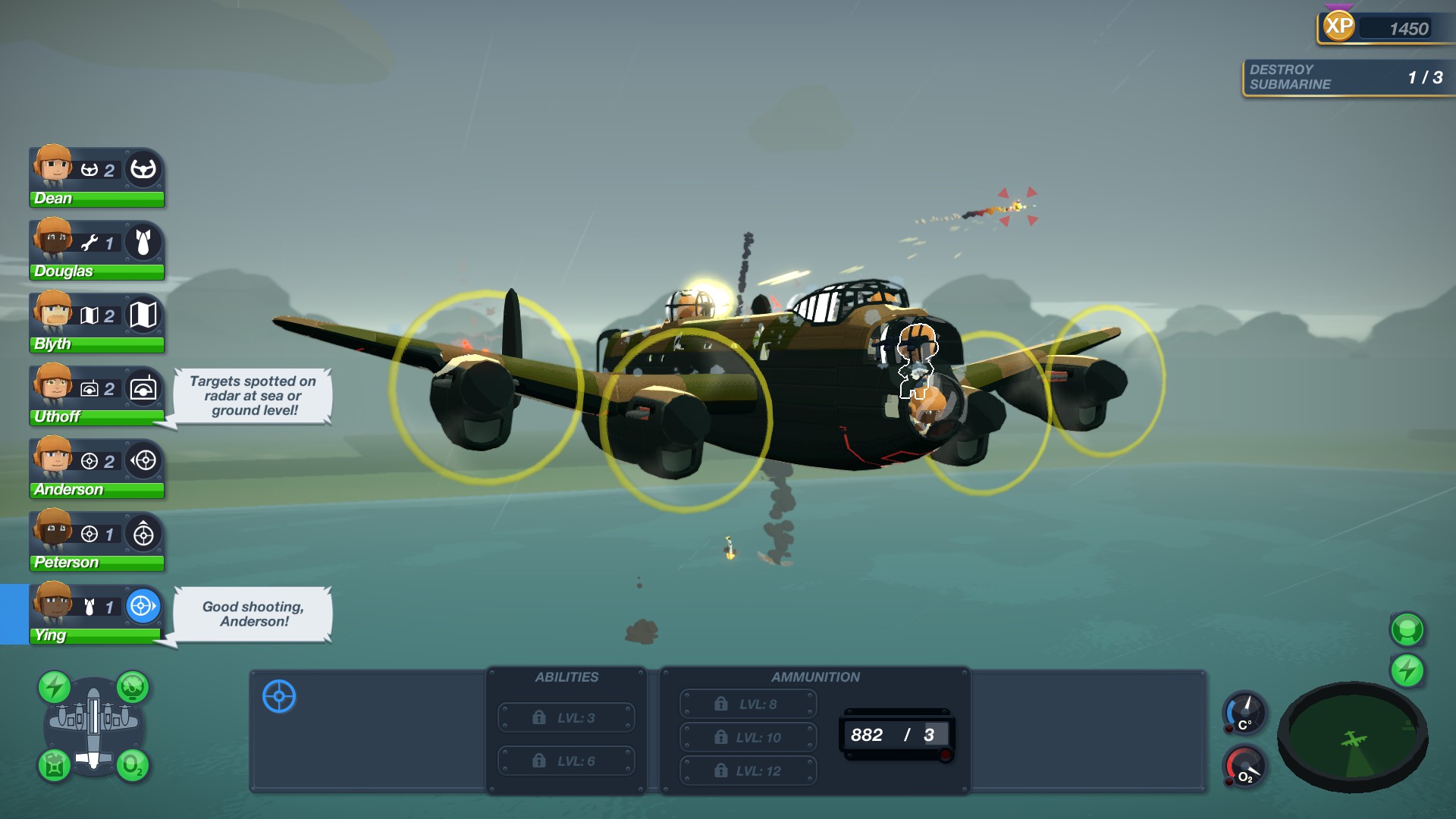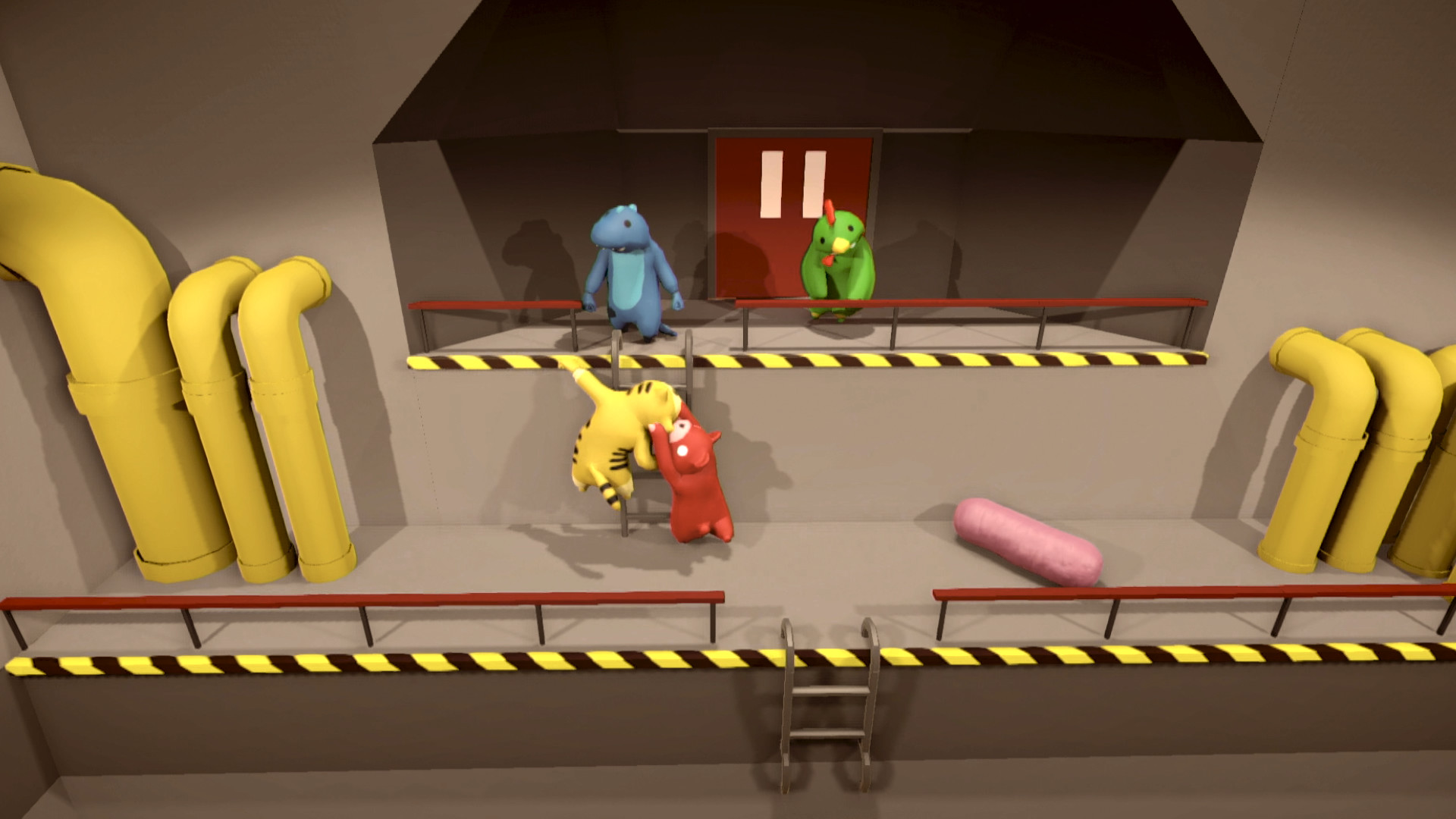Why do indie developers sign with publishers?
We spoke to indie game makers and publishers about what they get out of working together.
Time was, indie developers used to be just that: indie. They'd develop games and release them themselves with complete creative freedom. OK, maybe not complete creative freedom, but the dawn of indie was an age of possibility, when suddenly anyone was able to distribute games across the globe at nominal cost. Niche games found audiences the traditional game industry overlooked; experimentation led to new game forms and expression. Halcyon days, as the cliché goes.
"Indie dev is a minefield now," says Paul Kilduff-Taylor, co-founder of Mode 7 Games, the indie developer behind the Frozen Synapse series. "To have a chance at a good level of success, you basically have to nail everything. That's a really tall order, so devs are simply looking to stack the odds in their favour."
I haven't yet been pitched by an indie who is already doing a lot of their own press, or has a significant marketing plan in place
Paul Kilduff-Tayler, Mode 7
And many are doing that by partnering with publishers who focus on indie developers. Many of the leading indie games today are published by the likes of Devolver Digital, Curve, Raw Fury, Double Fine, Finji, Adult Swim, Team 17, Humble, PlayWay. They might seem to portend the sad end of a noble movement, of big business moving in to profit off the indie spirit, but the truth is very different.
Do indies need publishers?
The first and most obvious appeal of a publisher is as a source of funding, whether that's money that will pay a developer's rent while they finish a game or pay their collaborators. But publishers do a lot more than that. In 2017 over 6,800 games were released on Steam, compared to 5,028 in 2016 and 2,991 in 2015. The number's only gone up since then. A lot of games are being made at the moment, and the great majority of them would self-identify as 'indie games.' So how can a developer stand out in all that noise? How do you make a trailer that shows off your game in its best possible light? How do you make a trailer at all? How do you make a game that appeals widely? These are the kinds of questions that routinely keep developers awake at night.
"I haven't yet been pitched by an indie who is already doing a lot of their own press, or has a significant marketing plan in place," says Kilduff-Taylor, who began publishing games at Mode 7 with the release of Tokyo 42 earlier this year.
"One of the biggest fears and unknowns is to sell and market a game," agrees Andreea Chifu, head of sales and distribution at Raw Fury, which publishes Gonner, upcoming The Last Night and most recently, Uurnog Uurnlimited.
"Yeah, absolutely," agrees Uurnog's creator, Nicklas 'Nifflas' Nygren. "I don't have time for it, and it's very, very difficult. It's scary and weird. I only really like creating new games, and since I do so many things because I work on music and code and design, it's very good if someone can help me, someone who I can offload marketing stuff and getting devkits to. I don't know how all that works and I don't have time to."
Keep up to date with the most important stories and the best deals, as picked by the PC Gamer team.
...there's something really encouraging about being sort of 'label-mates' with artists we greatly admire.
Jake Elliott, Cardboard Computer
Publishers also perform many other tasks that go into releasing a modern game: testing, localisation, porting to other platforms, developing relationships with distribution platform holders like Steam, working on branding strategy, administering store pages (this is a far bigger headache than you might imagine, with the need to create platform-specific images, write descriptions of different lengths, deal with uploading finished code and updates and associated bundles and DLC and oh my). There's also legal support, finding collaborators such as artists, music composers and writers, and managing their contracts.
In short, publishers do the crap that gets in the way of making a game. Necessary crap which requires specialized knowledge, contacts, experience and skills which are not often in line with those that go toward making a game. The way Nigel Lowrie, a cofounder of Devolver Digital, sees it, publishers are a tool that indies can use. "A developer should look at what a publisher has to offer, is it of use to them, do they think they can do it better, and will it help make their game a success? And more than that, help them make a better game?"
Every developer has different needs, and publishers—good publishers—must be flexible to accommodate them. Experienced developers might simply want funding, while younger ones might want more hands-on support, with the publisher providing extensive design feedback and direction. Some just want help with marketing, others just want to offload platform porting jobs, like Cardboard Computer, which originally released Kentucky Route Zero entirely independently and only recently signed with Annapurna Interactive to port it to consoles, localizing it into new languages and drumming up attention. "All three of those tasks involve a lot of management, and are also all new territory for us, so it's great to have some help and guidance from this crew who have a lot of experience," says writer and programmer Jake Elliott.
"I think increasingly indies are looking for a publisher who really understands their particular project and can give it a lot of time, rather than one who is going to slot it in as part of a portfolio approach," says Kilduff-Taylor. As such, many indie-focused publishers have a certain style or specialty. "Devolver are outstanding with games that have a certain type of vibe and aesthetic to them," he suggests. "Team 17 are good at identifying and working with what I'd call 'mid-size' indie games and turning them into mega-hits, and so on. So really it's about the developer identifying which configuration is going to suit them best."
Even in the case of Cardboard Computer, late to getting a publisher for Kentucky Route Zero, they started talking to Annapurna all the way back in 2011 when it was originally Kickstarted. "We really appreciate Annapurna's artist-oriented focus and the other work they are publishing," says Elliott. "It's kind of an intangible, but there's something really encouraging about being sort of 'label-mates' with artists we greatly admire."
Nygren takes a similarly human-centered approach. "I really look primarily for people who first just like the game," he says. "That's a very important thing, that they feel investment themselves in the game and don't just see it as a way to make money."
"It's people working with other people," says Devolver's Lowrie. "It has to be a tailored relationship with all sorts of variables and things that each side brings to the table, good and bad. Personalities, desires and everything like that." He's adamant that everyone should be open with what they want from the outset, so everyone understands what they want and how they see they'll get there.
There's lots of secret discussion among indies about who's good and bad, about bad deals
Nicklas Nygren, Nifflas Games
"A publisher should make you feel that you are part of a family, that you have a team, colleagues to bounce ideas off and to waive some of the stress that comes with a new release," agrees Chifu. "When we see that we've manage to build a nice community, it feels good. All our devs get to know the other teams we might work with, and most of the time they become friends and even help each other. This is sustainable because we prioritize transparency and trust."
Where the money goes
So it's all sunshine and flowers in indie publishing! Okay, maybe not at every level, but certainly, these top flight publishers know that cultivating indie talent might lead to landing the next Hotline Miami, Stardew Valley, or Firewatch. There are also gougers out there, who are outed now and then with claims of them failing to honor their part in deals or withholding funds.
"There's lots of secret discussion among indies about who's good and bad, about bad deals, about avoiding this and that," warns Nygren. There are many stories of things simply going wrong, often as a result of inexperience and breakdowns in communication.
For those worrying about deals going south, the deal itself is often a source of confidence. Neither Raw Fury nor Devolver ask for IP rights, which is to say that developers get to keep ownership of their game, brand, code and art, so they can do anything they like with it in the future. Many indies swear by this because once signed away they've no rights to build on their work and ideas in the future. This is a big contrast to the typical practice of major publishers, who are anxious to maintain control and maximize returns on what are often vast investments in a given game.
Devolver and Raw Fury give a revenue share to all their developers. Raw Fury gives all its developers an equal partnership in a game so each party shares the same risks. After external costs are deducted, such as paid user acquisition, events and porting, all remaining revenue is shared 50/50 between developer and Raw Fury. Internal costs, such as making trailers in-house, are not deducted. This is right up Nygren's street. "I consider that if the game does well, it puts us in the same boat," he says.
Devolver's deals are based on a period of budgeting with the developer. It starts with the developer giving Devolver a budget detailing what they feel it'd cost to release the game in a certain timeframe with a certain feature-set. Devolver then goes over that budget, working in costs for creating builds to take to PAX and other shows, for QA and a hundred little unknowables. "Inexperienced developers tend to only work out what it takes to get the game done," says Lowrie. They also don't tend to think about factoring the time it usually takes between a game launching and the money being sent by the store-owner, which can be 30-90 days of starving.
Once agreed, the next step is to figure out the investment Devolver will make into the budget, and how both sides will recoup their costs once the game releases, with the aim of both Devolver and developer coming to zero. And once that's reached, what the revenue share will be. In most Devolver deals, 60-70 percent of revenue goes to the developer. (This, of course, is after the percentage taken by Steam and other storefronts.)
There's a lot to consider in all of this. Signing with a publisher is complicated and risk-laden. These relationships take trust and communication. And with it comes the cost of not getting to keep 100 percent of revenue. But indie game production is becoming ever more complex and expensive and the market is becoming ever more saturated. Self-publishing is most certainly still within reach for many savvy and hard-working developers, but many others are finding the support of people—partners—who take all the crap out of their hands and share a stake in their success is invaluable.

